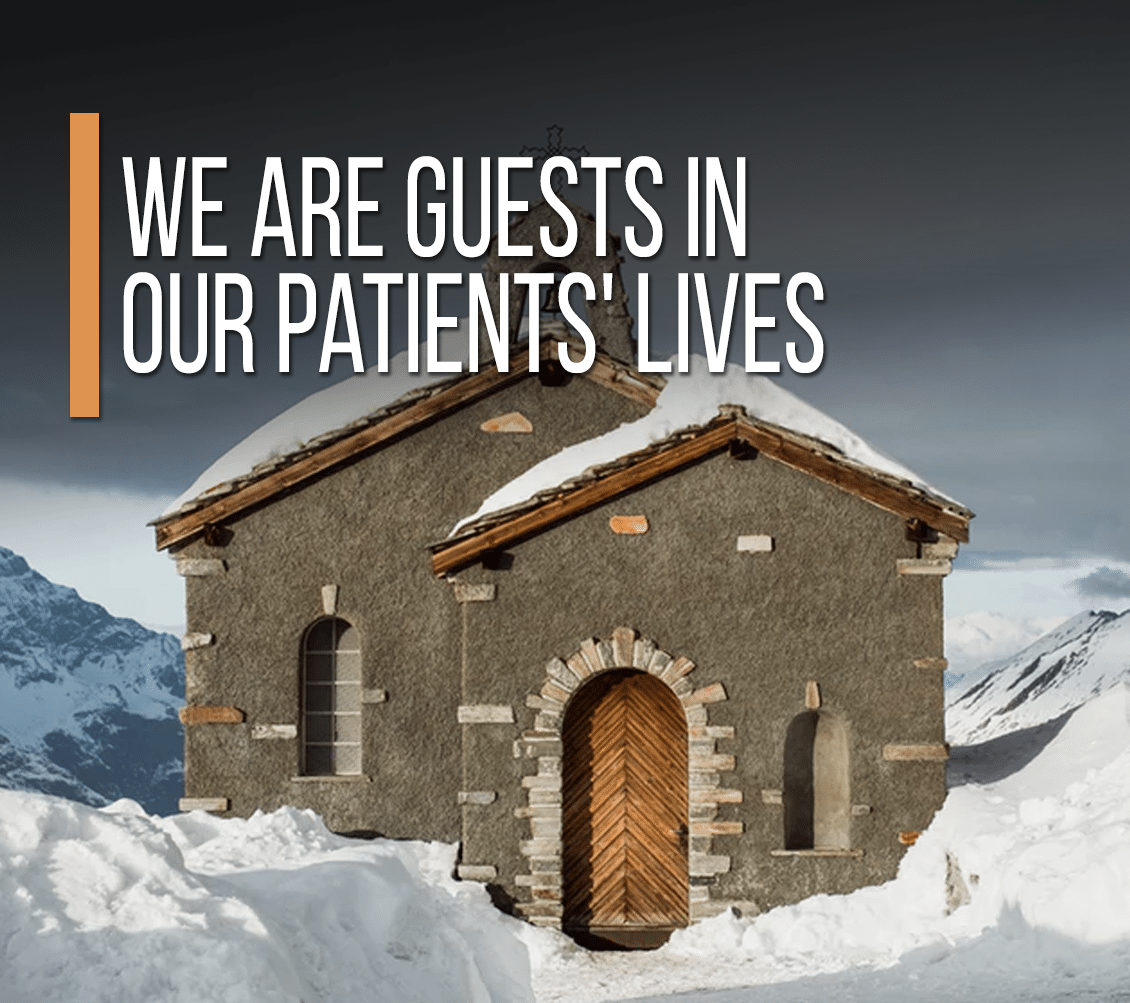One of the biggest difference between counselors and pastors is the role they play within an individual’s life. Of course, the objectives are different as well. One serves a clinical, evidence-based, structured interaction with an individual.
But how do the different organizations and the roles professionals interacting with individuals change from counseling agency to the Church? How do we need to look at them with the right expectations?
Pastors
Pastors are the head of the churches. They preach, they guide, they educate, marry people, baptize, lead funerals, show up to hospitals for the caring of the church with the community. Some have taken the duty of giving counsel to the leaders within the church, the congregation as a whole, and many times the community overall.
Planning to get married? Pre-marital counseling.
Headed towards divorce? Marital counseling.
Lose a loved one? Grief counseling.
Need help with some stressors and anger problems that have impacted your morality? General counseling?
I love the summation of the pastoral role within the context of Jesus by the Ligonier Ministries’ blog article.
The supreme paradigm, or model, for pastoral ministry is seen in the work of Jesus Himself. One of the titles that the New Testament bestows upon Him is that of the Good Shepherd. The metaphor of the shepherd who cares for his flock becomes then the metaphor that defines the work of the local pastor.
The short of it, they are leading people. You look up to them, you hold them as someone of authority, but you follow them where they discuss within their sermons, prayers, and discussions. Of course, he should be interpreting the will of God and spending significant time in Scripture, prayer, and leading the church.
Counselors
Counselors, we are different. I love the quote by Dr. Donald Berwick in the British Journal of General Practice in February 2009. (He speaks in this quote as a doctor, but it applies to Master level clinicians as well)
Embrace of the authority and autonomy of patients and families in a wholly new distribution of power and knowledge. Some say that doctors and patients should now be partners in care. Not so, I think. In my view, we doctors are not our patients’ partners; we are guests in our patients’ lives. We are not hosts. We are not priests in a cathedral of technology.
Counselors are not inherently spiritual or Christian, but many can cross that divide as they look into more religious and less evidence-based roles as pastoral counseling or be intentional about being a Christian counselor. (These two things are different.)
We absolutely must incorporate faith into the counseling practice as it is our ethical duty and so when the client discusses how God and Jesus can be part of the coping skills, we need to address this. It’s actually defined as multicultural counseling in the 2014 American Counseling Association Code of Ethics on page 20:
Multicultural/Diversity Counseling – counseling that recognizes diversity and embraces approaches that support the worth, dignity, potential, and uniqueness of individuals within their historical, cultural, economic, political, and psychosocial contexts.
Yet we are specifically to understand that we are a guest in their treatment as noted in the same guide on page 8:
Counselors practice only within the boundaries of their competence, based on their education, training, supervised experience, state and national professional credentials, and appropriate professional experience.
If you are not trained as a pastor, do not give advice as a pastor would.
We actually go a step further and avoid dual relationships where we act in a professional manner as a client’s counselor, we cannot also be their pastor. This creates opportunities for unethical and possibly illegal behavior. (i.e. Prostleytizing is illegal in a counseling session)
What Does This Mean?
Remember your role.
As counselors, incorporate Christianity when the client requests it. Refer to a pastor when you need it.
Pastors, do not give clinical advise if you have never done so. Be careful to not harm anyone who may be in emotional distress. Refer to a counselor you know when needed.
Clients and congregation members. Advocate for yourself and understand they serve different functions in different roles.
